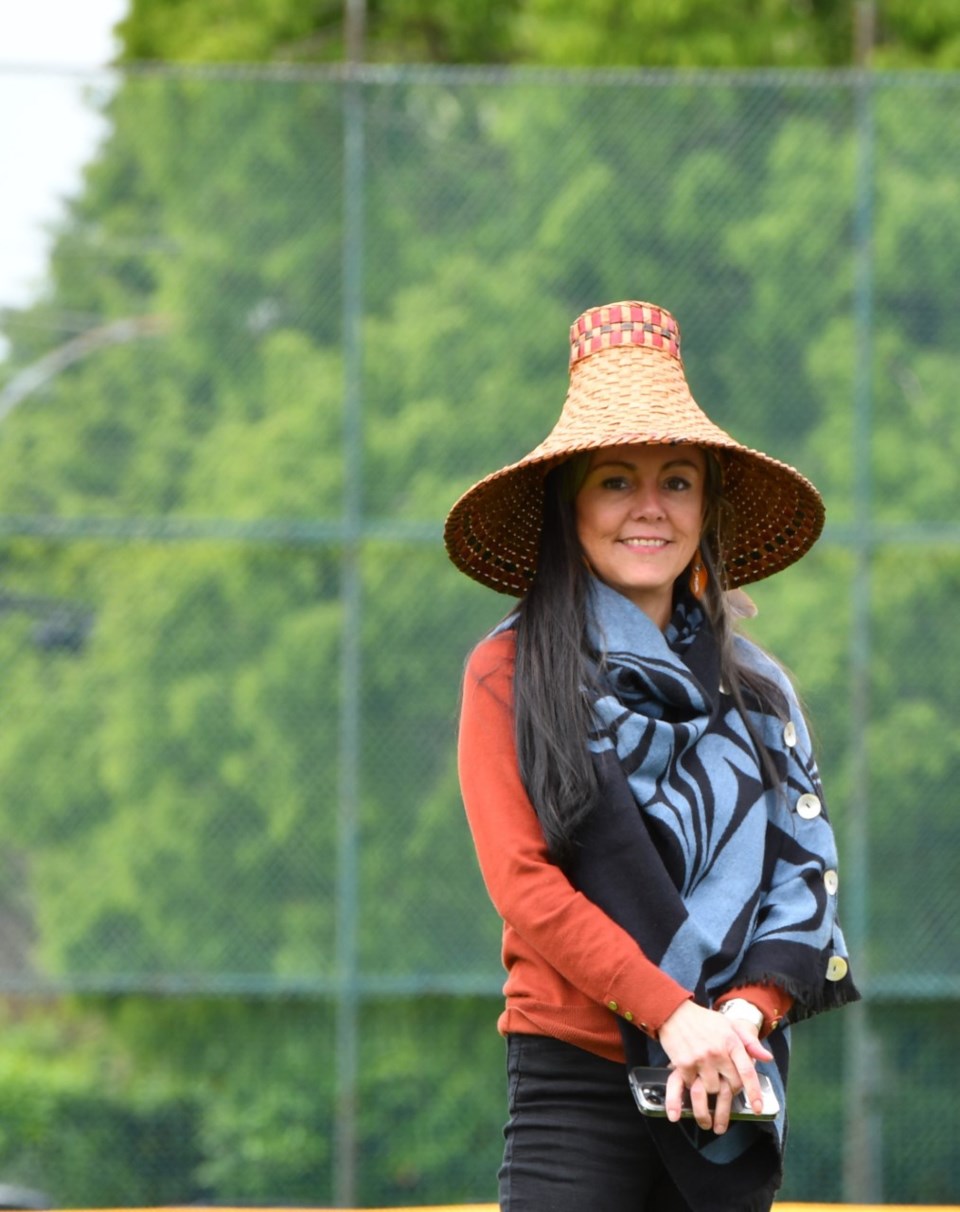An Indigenous relations advisor is helping the city move forward with its reconciliation efforts
In March, the City of New Westminster hired an an Indigenous relations advisor as part of its ongoing reconciliation efforts. Christina Coolidge, who is from the Tsleil-Waututh Nation on her father’s side and Cree and Scottish Métis from Treaty Six territory on her mother’s side of the family, has more than a decade of professional experience working in Indigenous relations.
“The City of New Westminster has already taken real steps toward reconciliation, and I genuinely believe that the city, and mayor and council, want to participate in their own healing,” Coolidge said in a news release. “It is my privilege to use what I know to ensure that our people will always have a place at the table and help guide the City of New Westminster on its journey toward reconciliation.”
Coolidge is focusing on the city’s relationships with local First Nations and the urban Indigenous community, as well as on educating her colleagues in Indigenous history and culture.
“New Westminster has a rich Indigenous history, so it’s important that city staff and the community have a clear understanding of the First Nations’ connection to the land here, both pre- and post-European contact,” she said in a statement to the Record. “Truth must come before reconciliation, and it’s important for the city to acknowledge its devastating colonial policies and practices; it is impossible to practise reconciliation without first knowing for what it is you are reconciling.”
Opportunities for city staff and citizens
Coolidge is in the process of developing a series of education opportunities for city staff and community members that would be offered next year. But she’s already helped launch a number of initiatives.
“I facilitate a medicine wheel workshop each month for staff, in which we discuss the importance of holistic processes and understanding that the city is a unified system of interdependent departments,” she said. “It must function in this way in order to prevent unintended consequence and will instead, create a healthier city and community.”
Coolidge has also established an Elder in Residence program, which involves a weekly lunchtime visit from an Elder; both Indigenous and non-Indigenous staff are invited to chat, ask questions and build relationships. The Elder is also available to provide support to Indigenous staff who sometimes feel isolated working within a colonial government.
Coolidge is also developing long-term strategies for decolonizing the city’s policies, practices and programs, by ensuring Indigenous knowledge and ways of being are incorporated into Western processes.
“We have established a reconciliation working group that will take a holistic approach to identifying and addressing systemic barriers within the city,” she explained. “This phase will use an equity lens to complete a full, corporate-wide review of policies, procedures, programs, practices and resources. This review would begin with employment, engagement, and representation on boards and committees, but would ultimately include all operational areas.”
Coolidge said this will be the first phase of the city’s engagement strategy, because it’s important that New Westminster improves the level of Indigenous representation in order to authentically plan and practise reconciliation.
“Indigenous knowledge and ways of being will naturally be incorporated into Western processes through the built-in bias that occurs with adequate representation,” she said.
Coolidge’s previous roles include being national coordinator for the National Urban Indigenous Coalition Council, Indigenous program researcher for Simon Fraser University, and regional engagement coordinator for the Tsleil-Waututh Nation’s Indigenous advisory and monitoring committee.
According to a press release from the City of New Westminster, residents can expect to learn more about New Westminster’s true history and the work being done to make reparations for that history, in the coming months.
The current city council identified reconciliation, inclusion and engagement as one of the priorities for its 2018 to 2022 council term. The city hired an Indigenous relations advisor to provide assistance in the development and implementation of Indigenous engagement and reconciliation strategies.
“Reconciliation is a priority for the city, but we needed to hire someone with expertise in this area in order to guide us as we move forward with this important work,” said Mayor Jonathan Cote. “With her knowledge and skillset, Christina is an invaluable addition to the city.”
The Indigenous People and Reconciliation section of the City of New Westminster’s website has been expanded to share the city’s reconciliation actions and activities.


